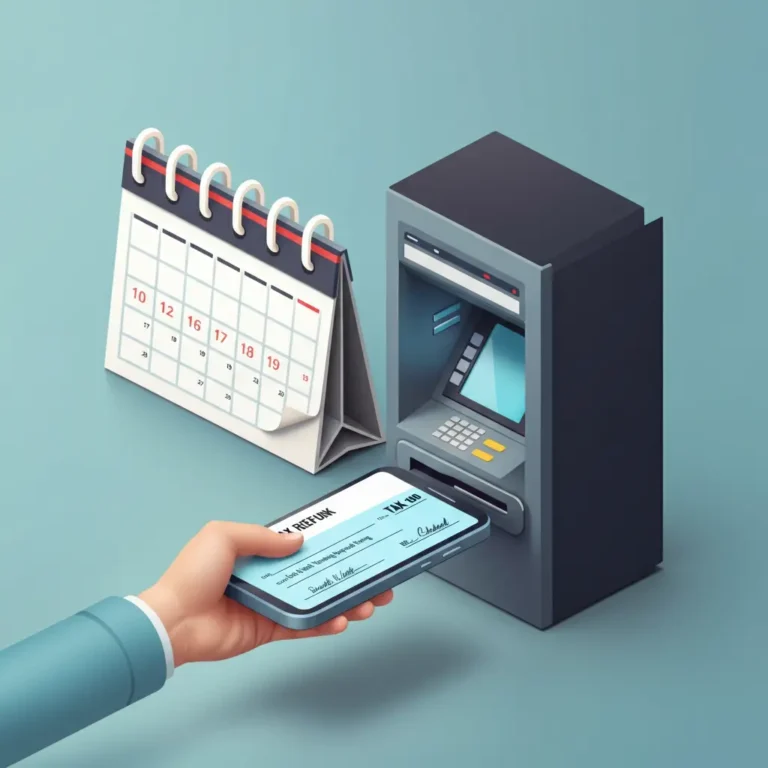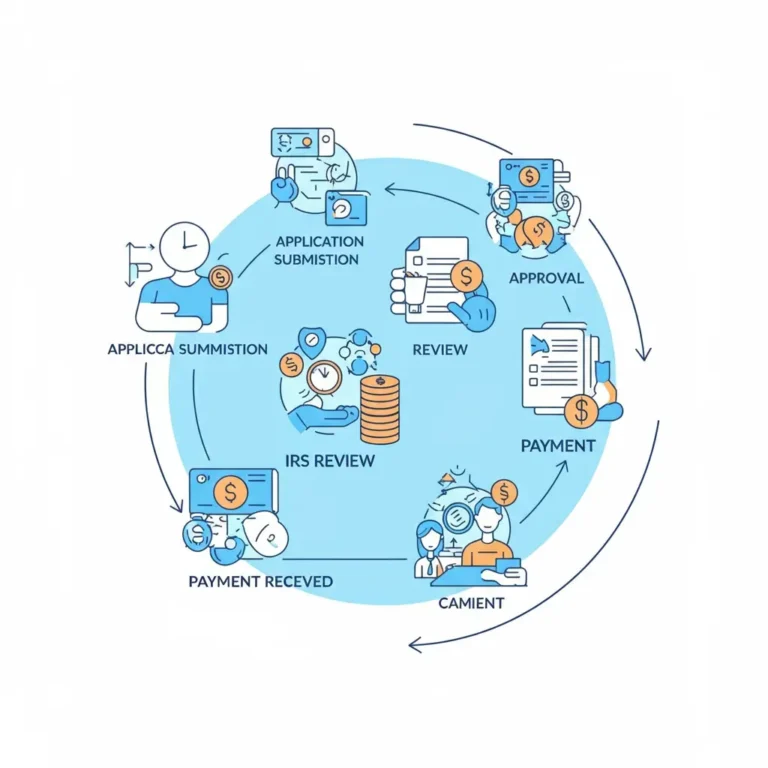How Long Does It Take to Unfreeze a Bank Account?
Having your bank account frozen can be an extremely stressful experience. Whether it’s due to legal issues, unpaid debts, or fraud suspicions, unfreeze a bank account can disrupt your financial life and leave you feeling helpless. The question that most people ask when faced with such a situation is, “How long does it take to unfreeze a bank account?”
The answer to this question depends on several factors. The length of time it takes to unfreeze your account varies based on the reason for the freeze, the bank’s policies, the legal process involved, and the steps you take to resolve the issue. In this article, we’ll explore the different scenarios in which a bank account may be frozen, the steps involved in unfreezing an account, and the general timeline for resolving the situation.
Table of Contents
Introduction to unfreeze a Bank Account
A frozen bank account refers to a situation where the bank restricts the account, preventing the account holder from accessing funds or making transactions. When an account is frozen, the bank may not allow withdrawals, transfers, or even automatic bill payments, which can cause significant inconvenience.
The freeze is usually a result of an external request or order, such as a legal notice or a warning from a government agency. In some cases, the bank itself may freeze the account due to suspicious activity or an internal investigation. Regardless of the cause, a frozen bank account can lead to financial instability and create a sense of urgency to resolve the issue.
Common Reasons for a Bank Account Freeze
There are various reasons why a bank account might be frozen. These reasons typically involve external factors like legal actions, financial irregularities, or unpaid debts.
Legal Orders (e.g., Court Judgments or Liens)
One of the most common reasons for a frozen bank account is a court order or a lien. This often occurs when an individual has failed to comply with a court judgment, such as failing to pay child support or a judgment in a lawsuit. Government agencies may also freeze accounts due to tax issues or unpaid fines.
If a creditor obtains a court judgment against you, they can request that the bank freeze your account to secure the funds for the debt repayment. Once the bank receives the legal order, it will implement the freeze and notify you about the action.
Suspected Fraud or Suspicious Activity
Banks are required to monitor accounts for unusual or suspicious activity. If a bank detects potential fraud—such as large, unexpected withdrawals or deposits from unknown sources—it may freeze the account while it investigates. This is done to protect the account holder and prevent any further unauthorized transactions.
In these cases, the bank will typically require you to prove your identity and clarify any irregular transactions before the freeze can be lifted. The process can take anywhere from a few days to several weeks, depending on the complexity of the issue.
Unpaid Debts or Overdrawn Accounts
Banks may freeze an account when there is a significant amount of unpaid debt, especially if the account holder has overdrawn their account multiple times or failed to repay loans. If there is a pattern of negative balances, the bank may take action to recover the funds by freezing the account.
Similarly, if you owe money to a financial institution or creditor and fail to make payments, they may place a freeze on your account to ensure they are paid. Once the debt is cleared, the bank will lift the freeze.
How Long Does It Take to Unfreeze a Bank Account?
The timeline for unfreezing a bank account varies based on the reason for the freeze. Some situations may be resolved quickly, while others could take months. Let’s break it down by different causes for the freeze:
Legal Orders and Court Involvement
If your account is frozen due to a legal order, such as a court judgment or lien, the process to unfreeze the account depends on the legal proceedings. Typically, once the legal matter is resolved, the bank will receive notification to release the freeze.
- Timeline: The time it takes to unfreeze the account can vary widely. In some cases, it can take a few days to a week after the resolution of the legal issue for the bank to process the release. However, if the issue is complicated or contested, it may take several weeks or months for the bank to act.
Fraud Investigations
When a bank freezes an account due to suspected fraud, the process for unfreezing your account is dependent on the complexity of the investigation. In many cases, the bank will need to verify your identity and determine whether any fraudulent activity has occurred.
- Timeline: A fraud investigation can take anywhere from a few days to a few weeks. If the investigation is complex or involves significant amounts of money, the process may be delayed further.
Debt-Related Freezes
If your account is frozen due to unpaid debts or loans, the timeline to unfreeze your account depends on how quickly you can pay off the outstanding balance or resolve the debt issue. Once the bank receives confirmation that the debt is cleared, it will unfreeze the account.
- Timeline: If the debt is paid quickly, the freeze could be lifted within a few days. However, if there is a dispute over the debt or if you need to negotiate a payment plan, it could take several weeks to resolve the situation.
Steps to Unfreeze Your Bank Account
The process for unfreezing your account will depend on the reason for the freeze. Here are the general steps you can take to resolve the issue:
Contacting the Bank
The first step is to contact your bank. They should provide you with information about the reason for the freeze and guide you through the necessary steps to lift it. Ensure you have all required documentation ready, such as court orders, proof of identity, or payment receipts.
Resolving Legal Issues
If your account was frozen due to a court order or legal matter, you will need to resolve the legal issue. This may involve paying a debt, attending a court hearing, or providing evidence to clear up the dispute.
Addressing Fraud Concerns
If fraud is suspected, the bank may require you to submit proof of identity, provide explanations for the suspicious transactions, and follow specific procedures to confirm that you are not involved in any fraudulent activity.
Paying Off Debts or Fees
If the freeze is due to unpaid debts, the quickest way to lift the freeze is to settle the balance. Once the payment is made and processed, the bank will typically release the hold on your account.
What Happens After Your Account is Unfrozen?
Once your account is unfrozen, you should be able to access your funds and resume normal banking activity. However, depending on the reason for the freeze, the bank may take additional precautions to monitor your account or impose restrictions.
For example, if the freeze was due to fraud, the bank may ask you to change your account passwords or take other security measures to protect your account.
Preventing a Bank Account Freeze
While it may not always be possible to prevent a bank account freeze, there are several steps you can take to reduce the likelihood of facing such a situation:
- Monitor Your Account Regularly: Keep an eye on your transactions and ensure there are no unusual activities.
- Pay Off Debts on Time: Make sure to settle any outstanding debts or loans before they lead to a freeze.
- Keep Your Financial Records Updated: Ensure your account information and personal details are up to date to avoid misunderstandings.
How to Deal with Delays in Unfreezing Your Account
If the process of unfreezing your account is taking longer than expected, it’s essential to follow up with the bank regularly. Keep a record of all communications and any documentation submitted. If necessary, consult with a legal advisor to explore any additional steps you can take.
How Long Does It Take to Unfreeze an Account in Different Countries?
The timeline for unfreezing an account can vary by country, depending on local banking regulations, the type of freeze, and the processes in place. Some countries have more streamlined processes for dealing with account freezes, while others may have more bureaucratic procedures.
FAQs About Unfreeze a Bank Accounts
Can I access my account while it’s frozen?
No, you typically cannot access your account while it’s frozen. The bank will restrict all transactions until the freeze is lifted.
What should I do if my bank account is frozen without my knowledge?
If your account is frozen unexpectedly, contact your bank immediately to find out the reason. You may need to provide documents or resolve legal or financial issues.
How can I speed up the process of unfreeze a Bank account?
To speed up the process, ensure that you have all necessary documents ready and respond quickly to any requests from your bank. Resolving any legal or financial issues promptly can also help.
Conclusion
The timeline for unfreezing a bank account varies depending on the reason for the freeze. Legal issues, fraud investigations, and unpaid debts are some of the most common causes, and each of these can have a different resolution time. By understanding the process and taking swift action, you can resolve the situation as efficiently as possible.



